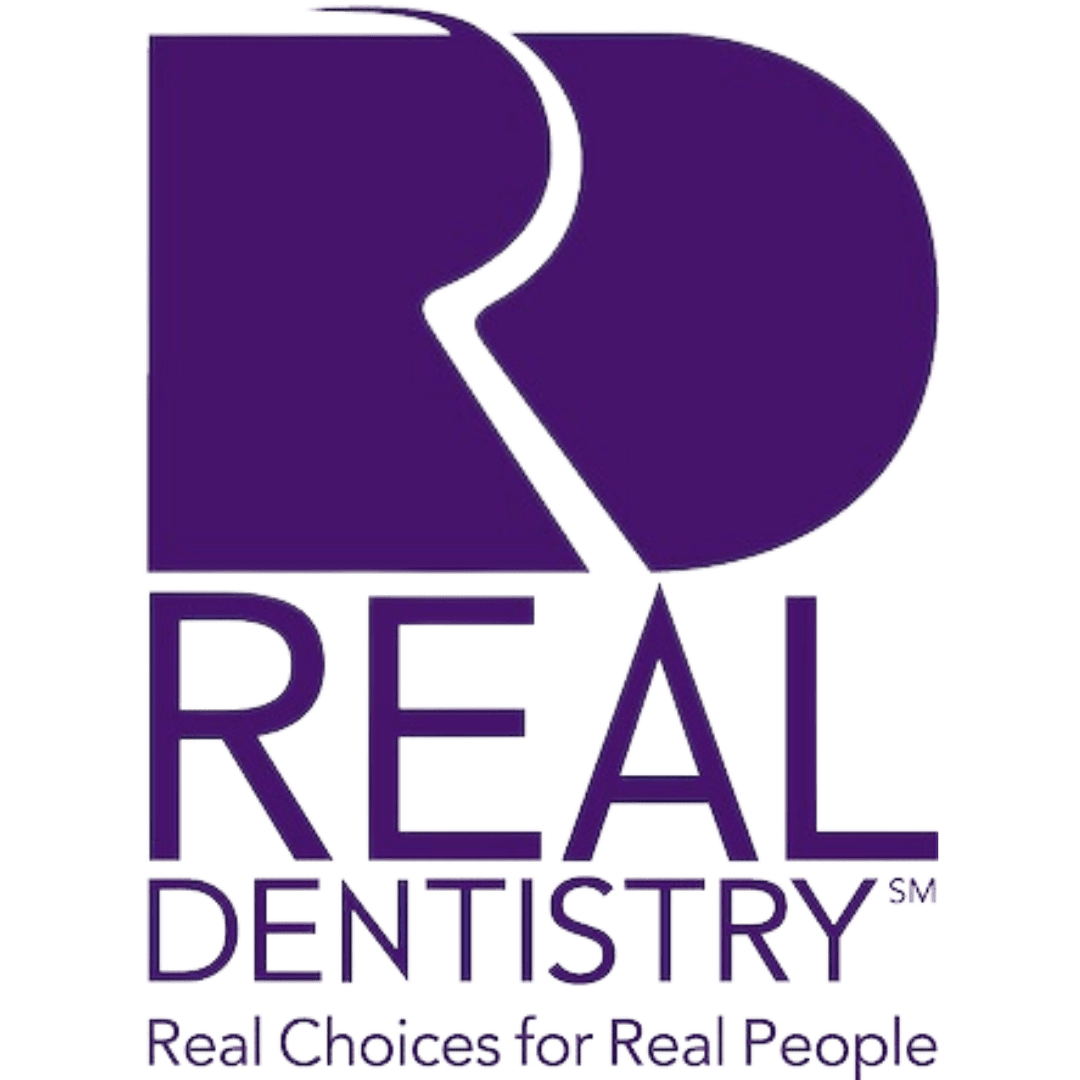
TMJ Treatment

Temporomandibular joint diseases develop when the joints that link the jawbone to the skull are stressed or compressed. Jaw and tooth discomfort linked with these illnesses can be exacerbated by facial and dental injuries, as well as arthritis. At Bell Dental Care, we provide patients with restorative dental care through TMJ therapy. TMJ issues cause pain and discomfort, which our experienced dentists help to alleviate. They evaluate the patient's teeth and jaw joints to determine which portions of the mouth and face require treatment.
What Is Temporomandibular Joint Dysfunction?
The temporomandibular (TMJ) joint permits people to converse and chew comfortably; overuse of this joint can result in a variety of illnesses known as temporomandibular joint dysfunction (TMD).
Teeth clenching and grinding, which frequently occur as a result of emotional stress or anxiety, might cause minor difficulties. This can result in joint discomfort, as well as chewing muscle spasms, migraines, and neck pa
What Are the Symptoms of TMD?
- Headaches
- Backache
- Back of the eye pain
- Pain in the face or throat
- Dizziness
- Earaches, congestion, and ringing in the ears
- Teeth clenching or grinding
- Neck stiffness or pain
- Fingernail numbness or tingling
- Sounds in the jaw joints such as clicking, popping, or grating
- Jaws are worn out.
Causes of TMD
- Misaligned bite
- Missing teeth
- Jaw clenching or teeth grinding
- Poor posture
- Physical damage to your face anatomy
- Facial muscle weakness
- Conditions like arthritis or whiplash
- Oral devices like sleep guards or sports guards
What are the TMD treatment options?
After we assess you, we will devise a plan for treating your disease and controlling your pain. A temporary change to a softer diet can sometimes relieve tension in the muscles and joints. Soreness and inflammation can be relieved with ice and/or moist heat. Gentle stretching exercises might also aid spasming muscles. Nonsteroidal anti-inflammatory drugs and muscle relaxants can also help.
Alternative Treatment Options
Severe TMD instances may necessitate more extensive therapy, such as orthodontics, dental restorations such as bridgework, or small treatments inside the joint such as cortisone injections or joint lavage. In most cases with TMD, extensive surgery is never required. Again, it's critical to attempt the vast range of conservative, reversible treatments that are available and to allow them enough time to work since they almost always work.
Get in Touch
Let's Connect & Transform Your Smile!
Reach out to Real Dentistry in Fullerton for all your dental needs. We're here to answer your questions, address your concerns, and schedule your appointment. Fill out the form below, and let's start your journey towards a confident and radiant smile together!
